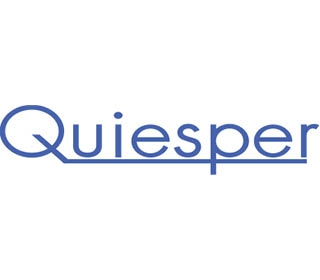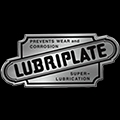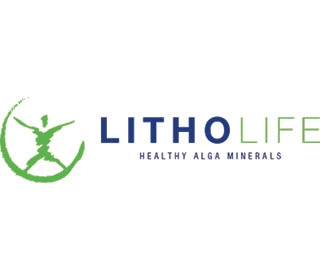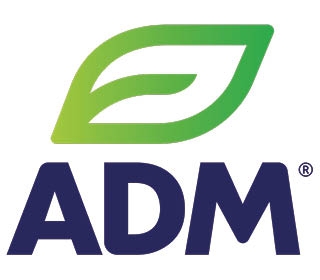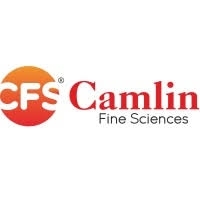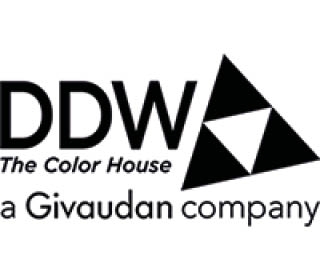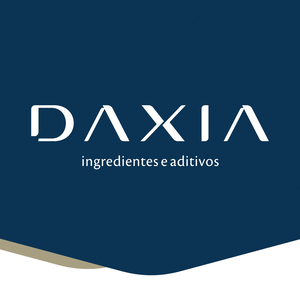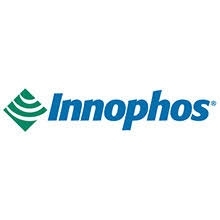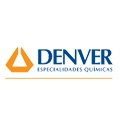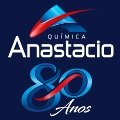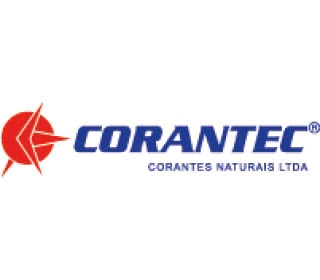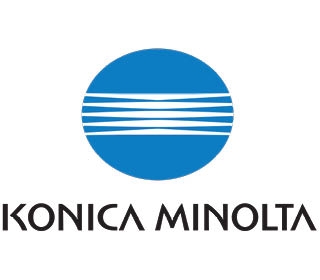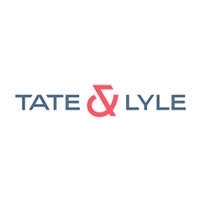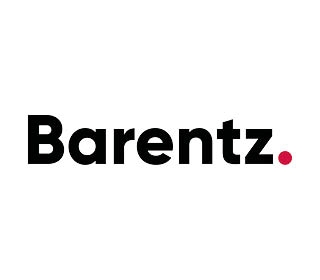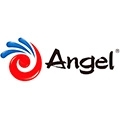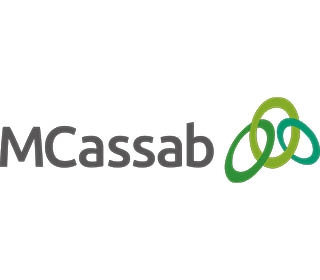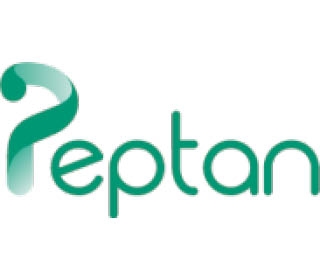Arla Invest $12.7 Million in Infant Milk Formula Production
Arla aims to be among the world’s leading dairy companies within the child nutrition category. In order to strengthen its infant milk formula production and continually set new quality standards in the category, Arla is now investing 12 million euro (USD 12.7 million) in an upgrade of its AKAFA site in Northern Denmark.
The infant clinical nutrition category is the largest primary segment comprising around half of the total clinical nutrition market with products designed for infants between 0-6 months of age taking up the majority share. The infant formula segment has also been the fastest-growing clinical nutrition category historically and is estimated to remain so, albeit with a slower growth rate than earlier. The vast majority of infant formula is sold in powdered form, while sales of ready-to-drink products only capture a small share in most mature markets. Asia-Pacific is the largest region for sales of infant clinical nutrition products, estimated to account for more than 40% of global sales.
Arla has decided to invest approximately 12 million euro (USD 12.7 million) in an upgrade of its AKAFA production site in Northern Denmark, which will allow it to add Infant Milk Formula (IMF) production to its existing powdered milk capacity. The investment will not require an expansion of the site, but consists of an upgrade of relevant sections of the site to produce high-quality IMF.
Arla sells high-quality IMF products under its own brands like Arla Baby & Me and Milex and is also a preferred supplier to a number of third party brands. The biggest markets for Arla within the IMF category are China and Southeast Asia, Latin America and Europe.
“These markets demand products from countries where food security is very high, and Denmark and Arla has a very good reputation due to the strict standards of quality, environment and animal welfare,” Carina Østergaard, Communications Officer at Arla Foods in Denmark.
“We are seeing double-digit growth in our global IMF sales, and we expect the growth to continue in the coming years due to rising demand in the category worldwide. By upgrading AKAFA to include IMF production, Arla will be able to meet the growing demand with high-quality production. Having a strong capacity with the highest quality is essential in a category like IMF, where quality is the key differentiator in the market.”
“The site does not produce IMF products today, but this investment will add that type of production to the already existing production of powdered milk and sterilized cream - approximately 80 per cent of the production at AKAFA is powdered milk for family nutrition, and 20 per cent is sterilized cream,” she adds.
Group Vice President Henrik Andersen, who is head of Arla Foods Ingredients and responsible for Arla’s third party manufacturing (TPM) business said: “The investment will go into production of both Arla’s own brand as well as third party manufacturing (TPM).”
The new IMF production at AKAFA is expected to start in August 2018, and will create two to four new jobs at AKAFA. The investment was approved by Arla Foods’ board of directors this week.





